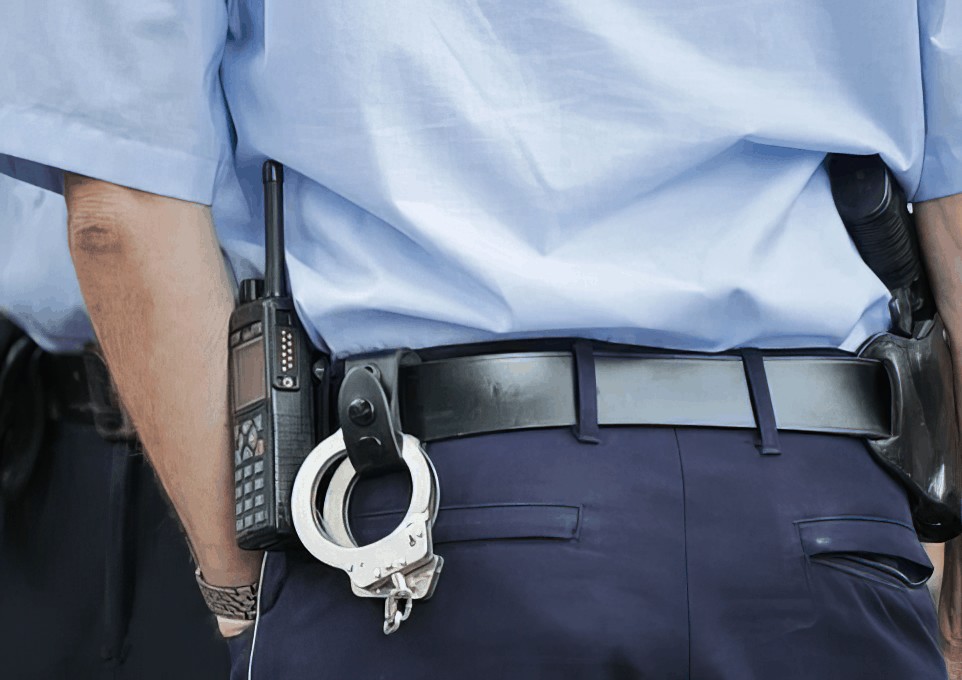When you are stopped by a police officer and are asked to provide certain information, you may feel unsure as to what you should and shouldn’t say. It is important to know when to speak, what to say, and when you should wait for your lawyer before you say anything else. Read on to understand more about your rights in this situation.
When might you have to talk to the police?
The constitutional right of every individual to remain silent is well known. However, you may feel unsure as to whether you may jeopardize your case by not talking to the police, particularly when you are not free to walk away or you are in jail. There is no punishment for not answering a question. What you should do is ask to have your lawyer present and then answer with your lawyer by your side. The only one who can order you to answer a question is a judge.
Exceptions to This Rule
Two limited exceptions apply here. The first one is when you are stopped by a law enforcement officer and are asked to identify yourself. The second one is when, in a similar situation, you are also asked to provide proof of insurance, your vehicle registration, or your driver’s license. And even after handing over those documents, you are under no obligation to answer anything else.
Different Situations During Which You May Be Questioned by the Authorities
There are different situations during which you may be questioned by representatives of the law. These may be local or state police officers, members of the Joint Terrorism task force, agents from Homeland Security (which may be Border Patrol or Immigration and Customs Enforcement), FBI agents, agents from the Drug Enforcement Administration, and others.
Risks Involved in Talking to a Police Officer Without Your Lawyer Present
Just as well known as the right to remain silent is the fact that anything you say to a representative of the law can and will be used against you and others in a court of law. Remaining silent until your lawyer arrives is not a crime, lying to a police officer certainly is. As soon as you realize that you have the right not to speak, do so. Always request the presence of your lawyer before you continue.
Can you be threatened by a grand jury subpoena if you refuse to speak?
A grand jury subpoena means you have been asked to appear in court and testify about some piece of information you might have. Even if you are threatened by a law enforcement officer with a subpoena, it doesn’t mean that you must start speaking, it means that you have to appear in court. Remember once again that whatever you say can and will be used against you. Request the presence of your lawyer and do not say anything more until your lawyer is beside you.
Are you in trouble with the law because you forgot to remain silent? Get Legal Help Now
Talking to a criminal defense lawyer after you are stopped by an officer of the law is always a good idea. You have no experience with legal matters and cannot visualize the consequences of what you have said. Let your lawyer guide you to get your issue with the law resolved.

